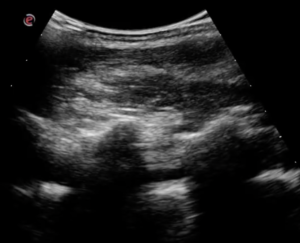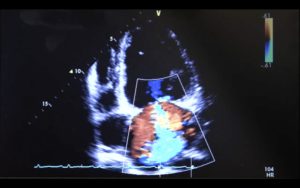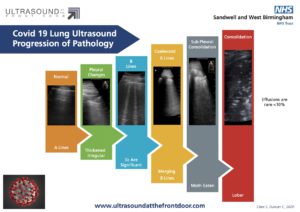Echocardiography in the acutely unwell is an invaluable skill for the acute physician. Rapid answers to important, life changing clinical questions improves patient diagnosis, management and outcome. For example in our unit we have dedicated ultrasound machines and have successfully picked up cases such as endocarditis, pericardial effusions, sub-massive PEs within a matter of hours of the patients presentation resulting in high quality care alongside a shortened stay in hospital. This essential skill can be employed not only at the front door but also within a outpatient setting. As one of the first Acute Physicians with British Society Of Echocardioraphy (BSE) accreditation I was keen to create an admission avoidance echo clinic which has proved to be of success on many different levels.
Inpatient Echocardiograms:
The BSE has set out clear guidelines with regards to request and provision of inpatient (IP) echocardiograms. 
Aims of the Clinic:
• Expedite discharge.
• Admission avoidance.
• Decrease length Of stay (LOS).
• One stop clinic (full detailed echo with consult).
• Sieve to cardiology.
• Decrease inappropriate IP/OP referrals and echo requests.
• Decrease pressure on Echo Dept.
• Train up Acute Med SpR.
• Improve patient journey and experience.
How it was started:
• Business case was proposed to the Division Of Medicine.
• Cardiology and Echocardiography dept supportive of the initiative.
• The Clinic has 4 slots a week. All patients get a detailed echo with a Consultant review.
• Patients seen within 5 working days.
• There is strict criteria to prevent inappropriate referrals.
• One Stop Clinic.
What we found:
• Data collected May 2010-May 2012.
• 112 referrals ( 10% DNA).
• All patients seen within 5 working days.
• 35% patients Normal Echocardiogram.
• Most common reason for referral was ? Heart Failure. 
 •50% of scans were positive with the most common condition being heart failure.
•50% of scans were positive with the most common condition being heart failure.
• Only 20% of patients needed OP input – 16 patients needed Cardiology, 3 patients needed Respiratory and 1 patient needed Gynaecology.
• All aims of the clinic have been achieved, however the key to the success of the clinic is the Consultant review immediately post echo which exemplifies the importance of prompt diagnosis in the acute setting.
Conclusions:
Having access and the skills to carry out bedside echocardiography is vital for the acute physician. These skills can be employed further in admission avoidance pathways with great success. Since this was developed we have continued to run an admission avoidance clinic and maintained good inter-departmental relationships. Patients have reported greater satisfaction in there patient care, journey and experience.




